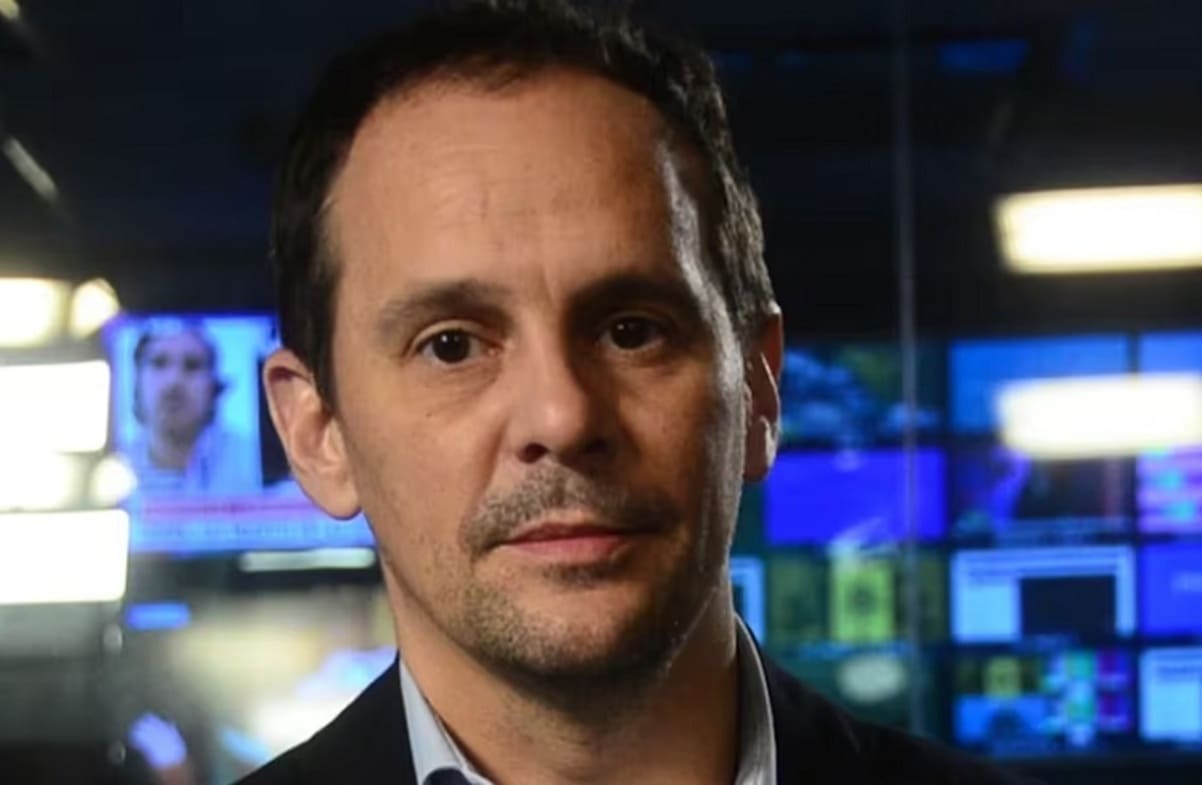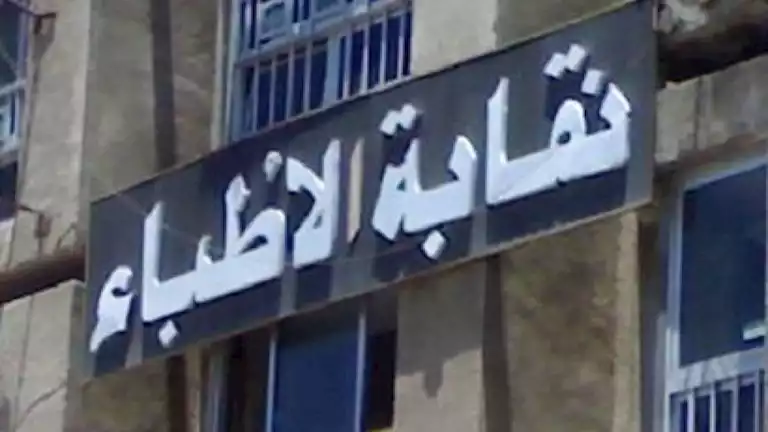The economist Fausto Spotorno sure that the conditions for exit from exchange rate Could improve at the end of the year, mainly because of the drop in inflation, the floor of the exchange gap and the increase in reserves. However, he warned that the decision could cause a downturn. Spotorno said that “the Government is between increasing economic or political opportunity.”
Following statements from renowned economist Orlando Ferreres, who had stated that “the conditions to leave the stocks are in place,” Spotorno agreed and believed that February was the right time due to factors such as the “demand for pesos” in December and eliminate the COUNTRY tax in January. “The important debate is what the Government is doing the most,” said the economist.
Spotorno, in an interview for Radio Perfil, explained that low inflation is the main factor in the decision and, in addition, he said: «We are not very far from the monthly inflation number of 2.5% that gave the head – sit reference; I estimate that it will be close to 3% in October. The exchange rate gap is at a historic low, especially if the official exchange rate is taken.
Regarding doubts, the teacher COMMUNICATION He pointed out that they are in the process of collection: “The Central Bank is buying reserves, although it had to use part of them to pay debts in January. ” He added: “These three conditions, as well as the decline in Domestic Risk and the recovery of certain economic sectors, indicate that between now and March there is a good opportunity to get out of the trap. “
Spotorno chose the best month to get out of the exchange trap
The economist confirmed his projection: “February is the time to unify the exchange rate because in January the COUNTRY tax is eliminated, which is beneficial to inflation.” In addition, he argued that the demand for pesos in December will help reduce possible sharp jumps in the exchange rate by releasing the stocks. “Macroeconomic conditions are very favorable,” he said.
When asked about the impact of the eventual exchange rate unification, the former director of the Center for Economic Studies Orlando J. Ferreres y Asociados (OJF) replied: «It would probably mean a reduction, although the most correct thing is to talk about integration. Once the exchange market is freed, the exchange rate is defined by the market«.
“Pulling off the step means stretching the elastic, as happened in a revolution. There are serious consequences for the economy and the production sectors if it is not corrected in time,” concluded Spotorno.


